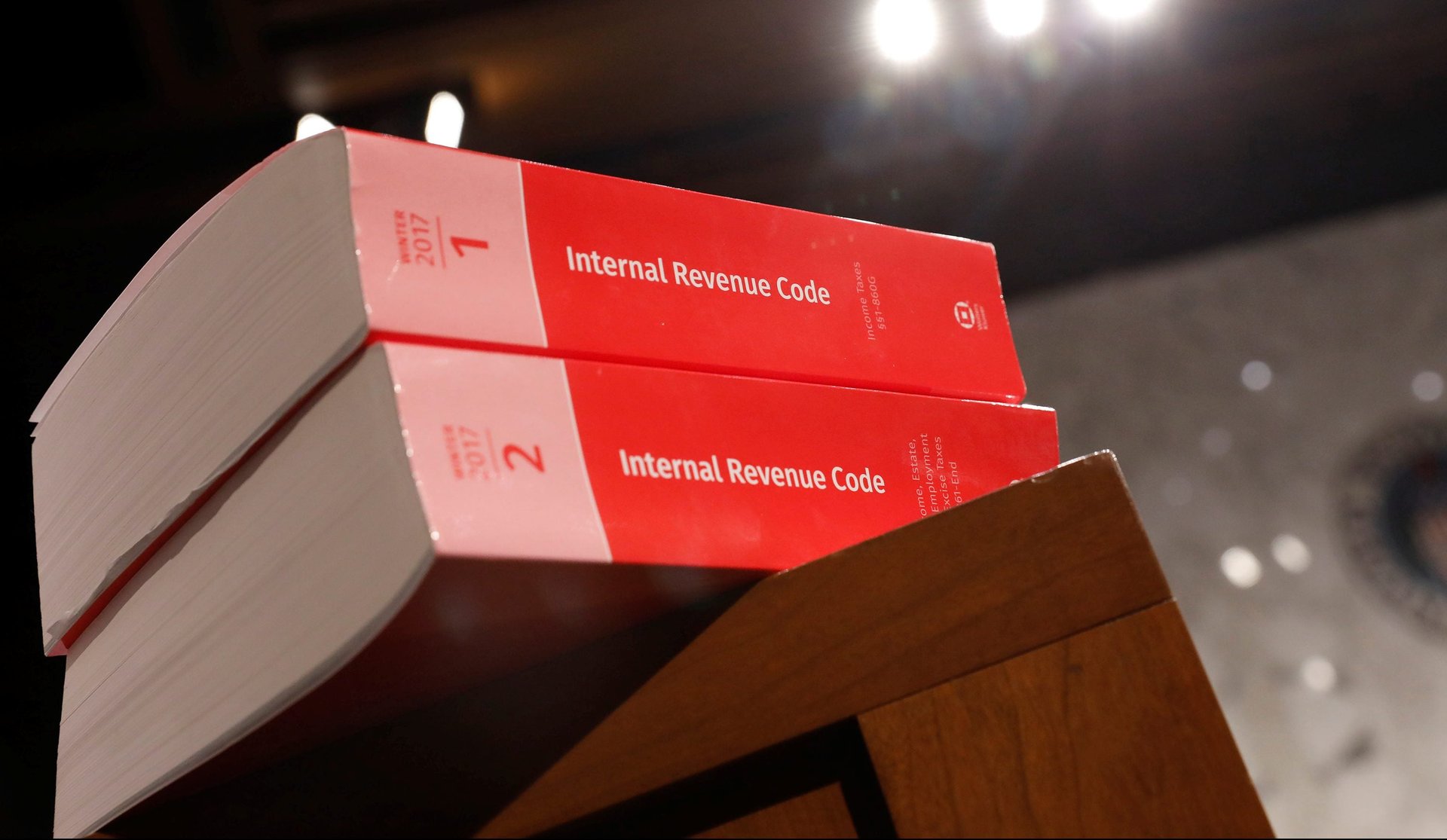The way US corporations hire CEOs tells us they don’t need a giant tax cut
As Congress spent the last several weeks wrapping up its gift of massive tax cuts for US corporations, one broad criticism levied against the bill was that corporate America doesn’t need the help: The soaring Dow and booming earnings are proof that business is doing just fine.


As Congress spent the last several weeks wrapping up its gift of massive tax cuts for US corporations, one broad criticism levied against the bill was that corporate America doesn’t need the help: The soaring Dow and booming earnings are proof that business is doing just fine.
As the bill now heads to the White House for President Donald Trump’s signature, new data about CEO succession adds evidence to that argument. Among the biggest 500 companies by revenue, nearly 80% of CEO openings were filled by insiders: internal executives groomed for succession, according to a new report from Equilar. Most incoming CEOs were previously their company’s chief operating officer or president.
When a company promotes from within, it means its succession plan worked. Companies spend a lot of time and energy identifying internal candidates that can rise to become CEO, and they want a deep bench of executives in case of departures. If a company taps one of its own, it generally means the company is profitable, the board is satisfied that the enterprise is on the right track, and the candidates for promotion saw enough potential in the company’s future that they stuck around.
In contrast, recruiting a new leader from outside the company can be a sign of corporate distress, an indication that the board wants a change of vision or strategy, and isn’t impressed with the talent available in the company. When a CEO is fired, a company is five times more likely to hire an external candidate, according to research from Stanford’s business school. Other research shows that companies are more likely to look outside when there’s uncertainty about the companies growth prospects.
Sometimes a healthy company can hire an outsider—particularly if that person has experience within the company, or is perceived to be a star—but it’s more of a risk: On average, outsider CEOs succeed less often than insiders, according to Harvard Business School professor Joseph Bowers.
Because they have more experience and are often taking on harder jobs, outsider CEOs tend to get paid more than insiders, according to Equilar. But thanks to their new tax cut, CEOs of every stripe can expect to see a nice hefty raise next year.